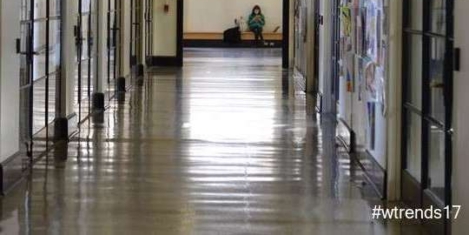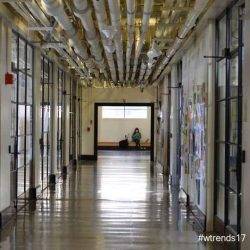November 1, 2017
Division of workplace hierarchy on impact of office design and flexible working
There is a divide in the importance placed on the office environment among different levels of the UK workforce, with new research suggesting C-Suite executives do not fully appreciate the factors that keep employees happiest at work and the impact that the office environment has on their employees’ productivity and wellbeing. According to the new research by Peldon Rose and are happier and work most productive in the office, 88 percent of middle management and 84 percent of junior employees say they always or sometimes enjoy coming to work every day compared to 76 percent of C-Suite executives. In addition, junior and middle management employees are more inclined to work in the office, with 62 percent and 63 percent, respectively, saying they prefer to work in the office over at home (29 percent, 30 percent) compared to C-Suite who prefer to work at home (40 percent) rather than the office (24 percent). As a result, just a quarter of junior employees believe their office has a culture that allows them to work flexibly compared to nearly half of C-Suite.






 The future workplace will replace familiar, rigid hierarchies and departments with small, collaborative networks of teams and the lines between individual organisations and ecosystems will blur as companies increasingly cast their net wider to innovate. This is one of the predictions made in a Fujitsu-commissioned whitepaper ‘
The future workplace will replace familiar, rigid hierarchies and departments with small, collaborative networks of teams and the lines between individual organisations and ecosystems will blur as companies increasingly cast their net wider to innovate. This is one of the predictions made in a Fujitsu-commissioned whitepaper ‘










 Those working within the built environment are already in the change business, was the view of Neil Usher of
Those working within the built environment are already in the change business, was the view of Neil Usher of 











October 20, 2017
Seven workplace stories we think you should read this week (apart from ours)
by Mark Eltringham • Comment, Facilities management, Technology, Workplace design
Automation and Artificial Intelligence bullshit
Science in the gig economy
The seven deadly sins of AI predictions
The flight of people back to the suburbs
The changing psychology of the workplace
The rock and roll workplace